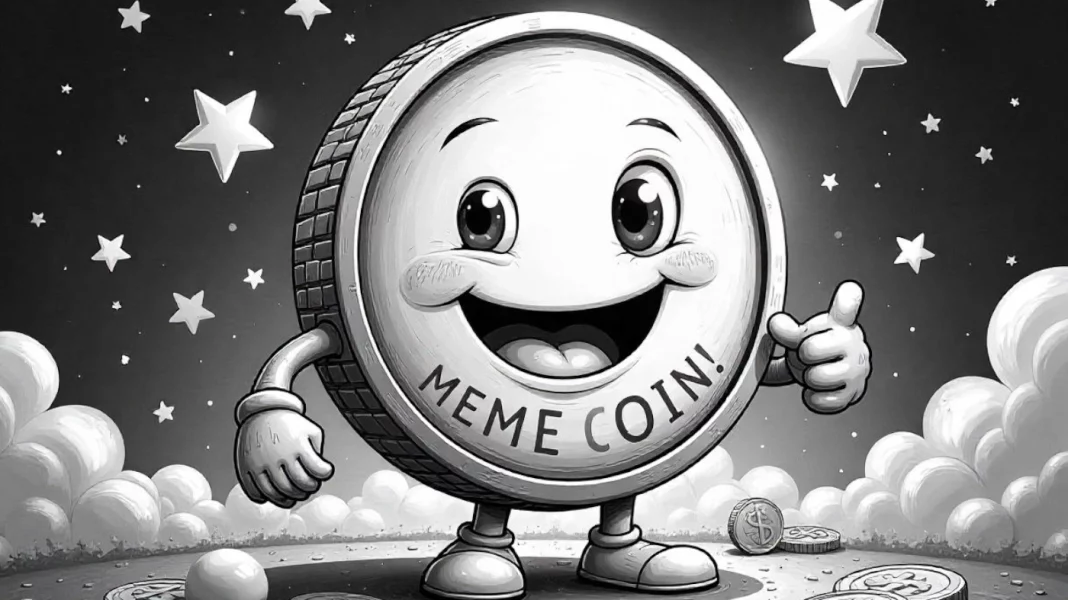The cryptocurrency market has always been unpredictable, but few phenomena embody this chaos quite like meme coins.
What started as internet jokes, often created with no real intention of gaining value, have turned into multi-billion-dollar assets.
But do meme coins have staying power, or are they destined to fade away?
In this article, we’ll explore what makes meme coins unique, why they’ve gained traction, and whether they have a place in the future of the crypto market.
What Are Meme Coins?
Meme coins are cryptocurrencies inspired by internet memes, jokes, or viral trends. Unlike major coins like Bitcoin or Ethereum, meme coins often lack substantial utility or technological innovation.
Their value is primarily driven by social media buzz, community enthusiasm, and speculative trading.
Top Meme Coins in 2024:
-
- Dogecoin (DOGE): Created as a joke in 2013, Dogecoin gained mainstream recognition thanks to Elon Musk’s support.
- Shiba Inu (SHIB): Initially a parody of Dogecoin, Shiba Inu has grown into a project with DeFi applications and an NFT ecosystem.
- Pepe Coin (PEPE): A new addition to the meme coin universe, inspired by the popular Pepe the Frog meme.
Why Do Investors Flock to Meme Coins?
- Community-Driven Success
Meme coins thrive on their passionate communities, which create a sense of belonging and shared purpose among investors. Platforms like Reddit and Twitter amplify this engagement, turning meme coins into viral sensations. - Affordability
Low token prices make meme coins accessible to beginners, who hope to see exponential returns on small investments. - Hype and FOMO
The fear of missing out (FOMO) is a powerful motivator. When a meme coin begins to trend, investors often jump in, hoping to catch the next big rally. - Cultural Relevance
Meme coins tap into pop culture and internet humor, making them especially appealing to younger, tech-savvy investors.
The Risks of Meme Coins
Despite their popularity, meme coins carry significant risks:
- Lack of Fundamentals:
Most meme coins don’t have a clear use case or long-term vision, making them vulnerable to rapid devaluation. - Extreme Volatility:
Prices can skyrocket or plummet in a matter of hours, often driven by social media activity rather than intrinsic value. - Scams and Fraud:
The hype around meme coins has led to the emergence of pump-and-dump schemes, where early investors profit at the expense of newcomers.
The Future of Meme Coins
The future of meme coins is uncertain, but there are reasons to believe they could continue to evolve:
- Increased Utility:
Some meme coins, like Shiba Inu, are expanding their ecosystems with decentralized finance (DeFi) platforms, NFT marketplaces, and staking opportunities. - Mainstream Acceptance:
Dogecoin has been embraced as a payment method by companies like Tesla, showcasing its potential for real-world use. - Cultural Staying Power:
As internet culture becomes increasingly influential, meme coins could remain relevant as digital assets with a unique appeal.
Final Thoughts
Meme coins are polarizing. For some, they represent the speculative, risky side of cryptocurrency.
For others, they’re a symbol of community power and the fun, creative side of the blockchain revolution.
Regardless of your stance, it’s clear that meme coins have made an indelible mark on the crypto world.
As the market matures, meme coins may carve out their own niche, offering a blend of entertainment, cultural relevance, and, in some cases, utility.
Investors, however, should approach them with caution, balancing the thrill of potential gains with the reality of significant risks.
Are meme coins a fad or the future? Only time will tell—but their journey is one worth following.
Have you read it yet? Top 5 Cryptocurrencies to Invest in 2024: Expert Insights
Disclosure:This article does not contain investment advice or recommendations. Every investment and trading move involves risk, and readers should conduct their own research when making a decision.
Kriptoworld.com accepts no liability for any errors in the articles or for any financial loss resulting from incorrect information.


